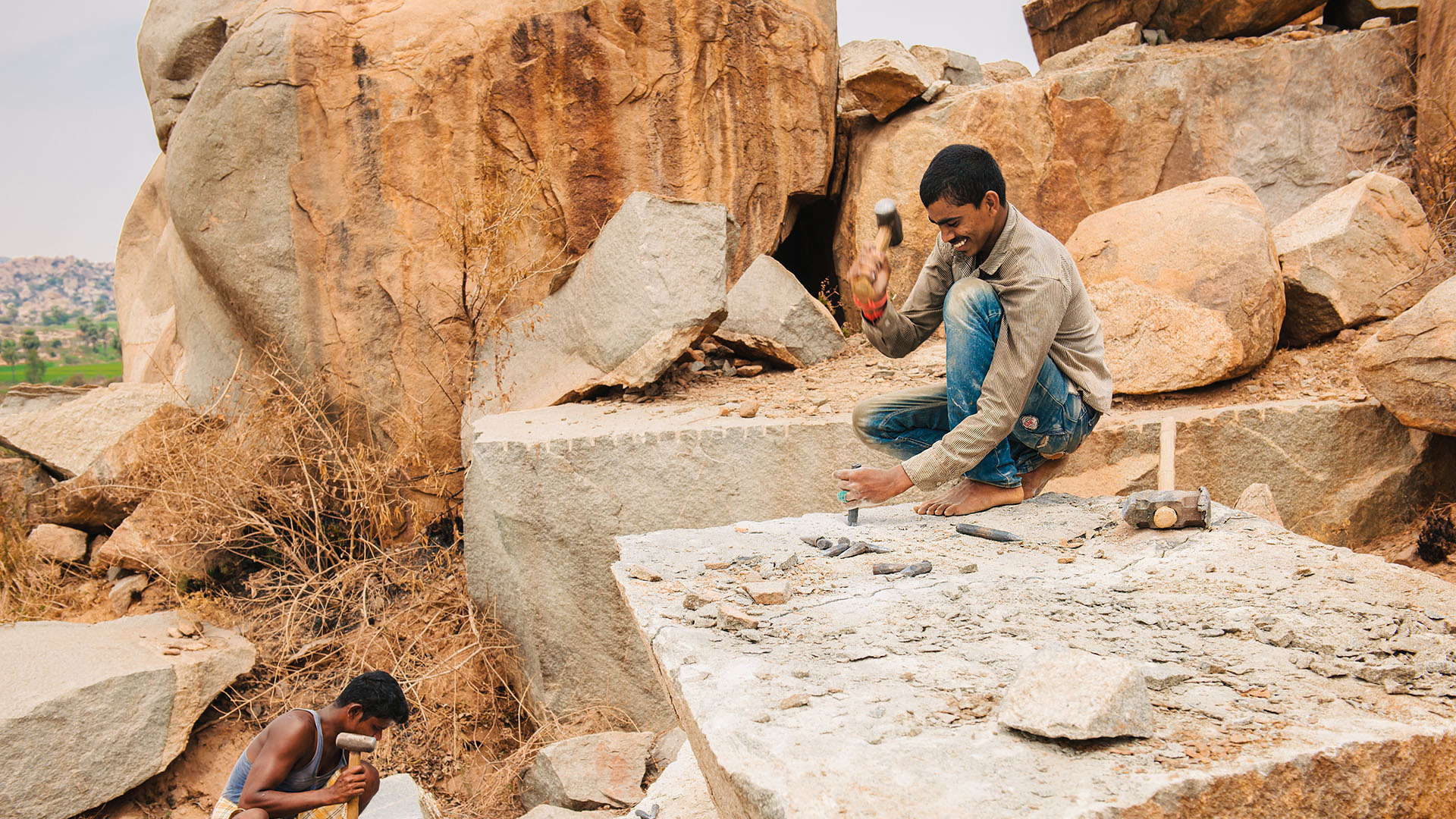
International Responsible Business Conduct (IRBC)
The Social and Economic Council is concerned with international fair trade, advises government and business on IRBC and brings parties together to facilitate and strengthen cooperation in sectors.

The Social and Economic Council is concerned with international fair trade, advises government and business on IRBC and brings parties together to facilitate and strengthen cooperation in sectors.